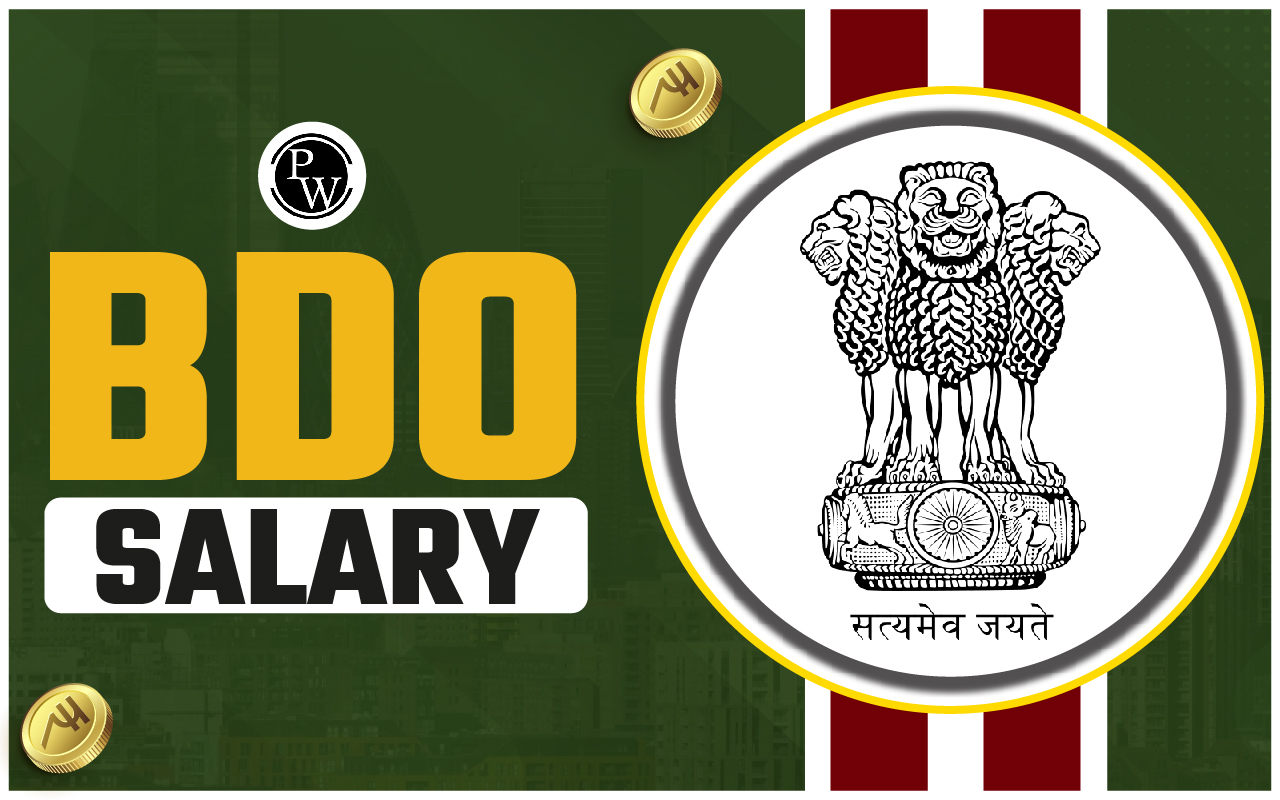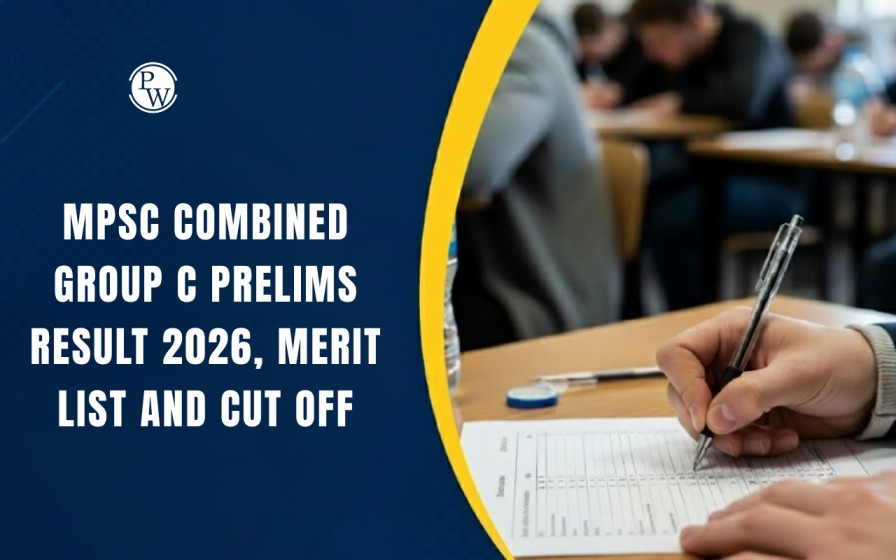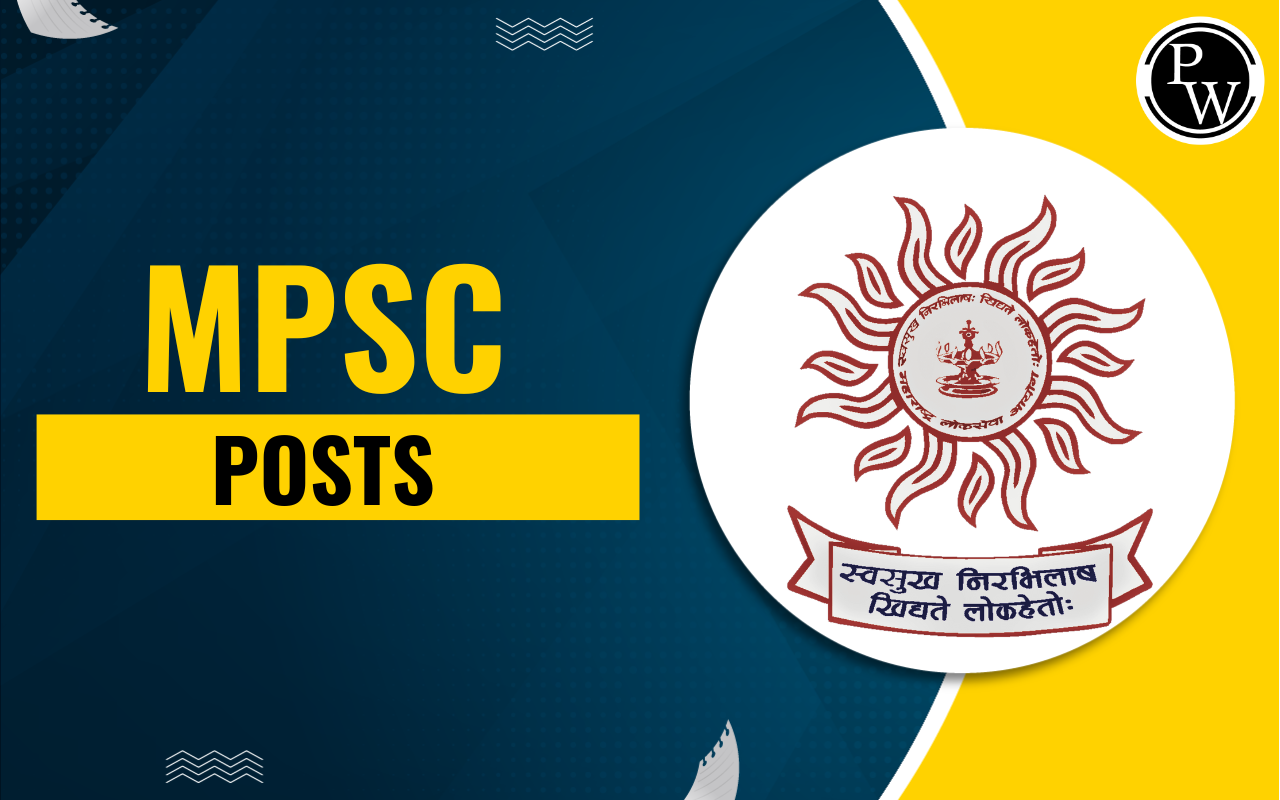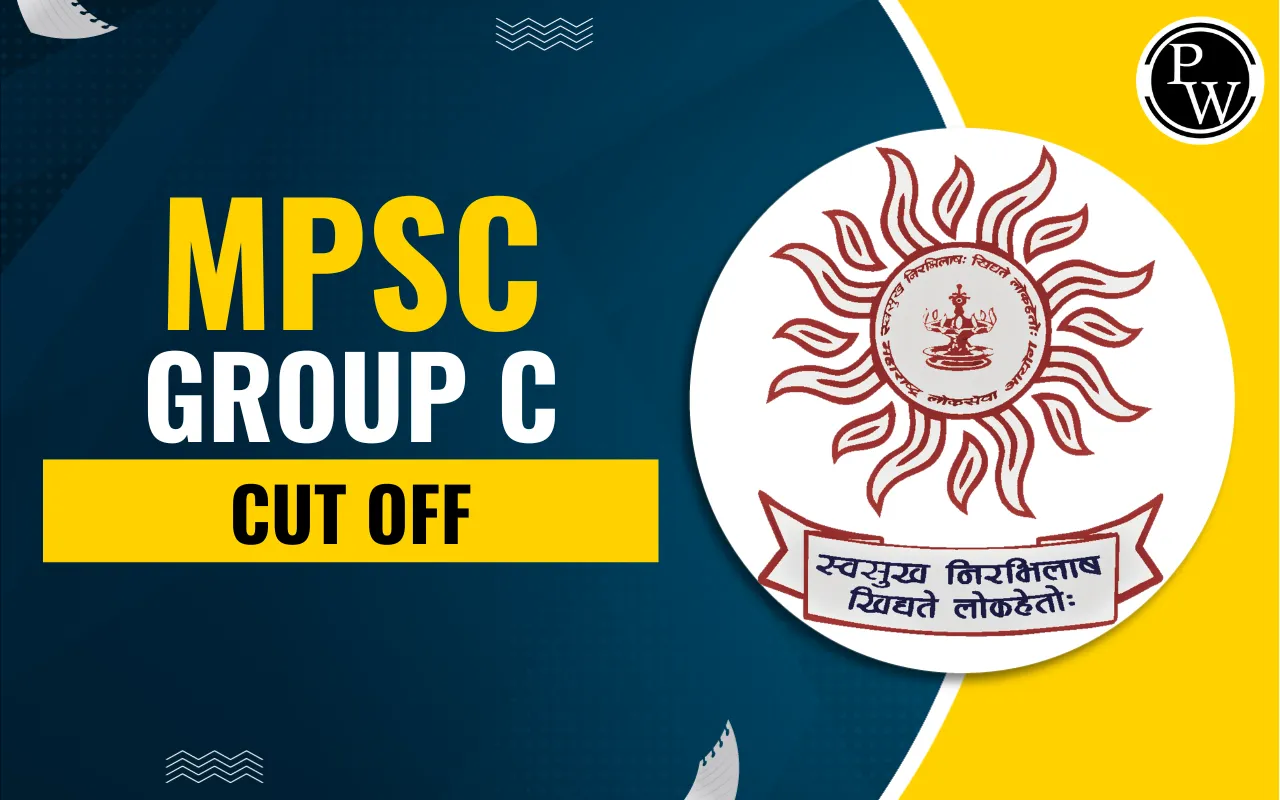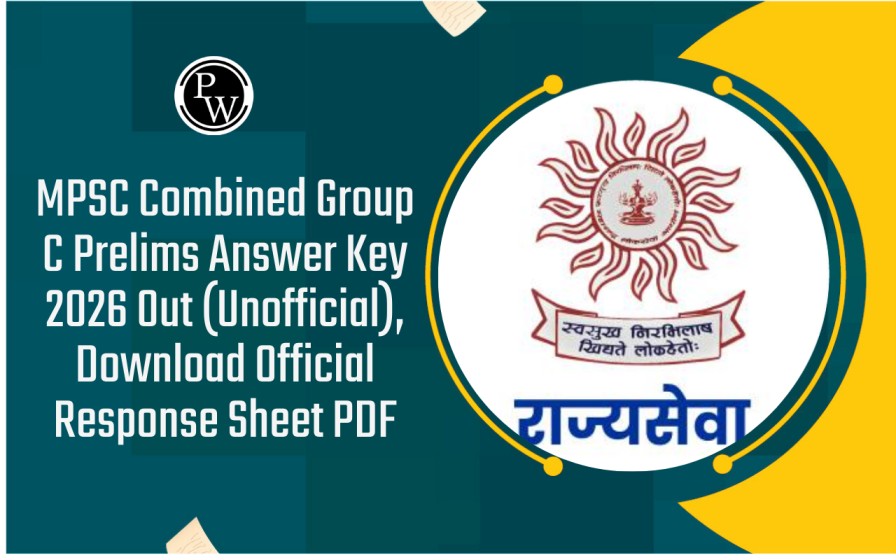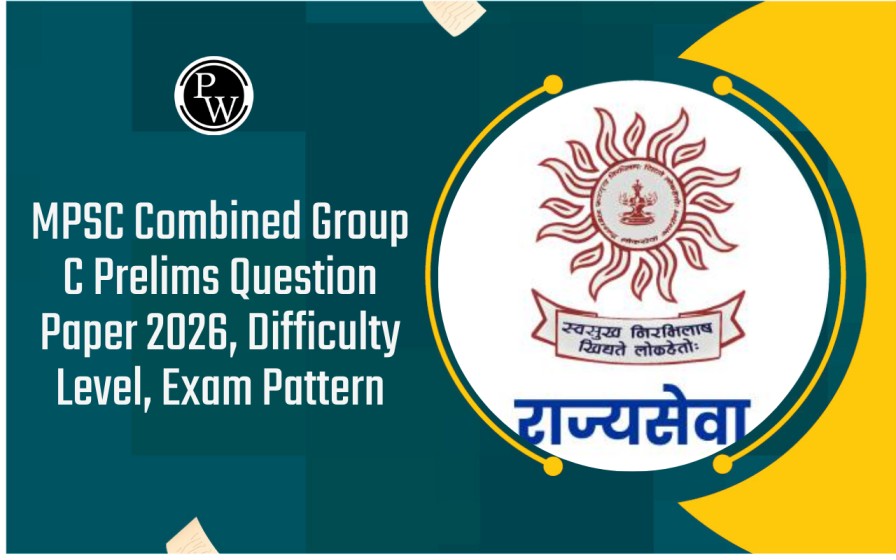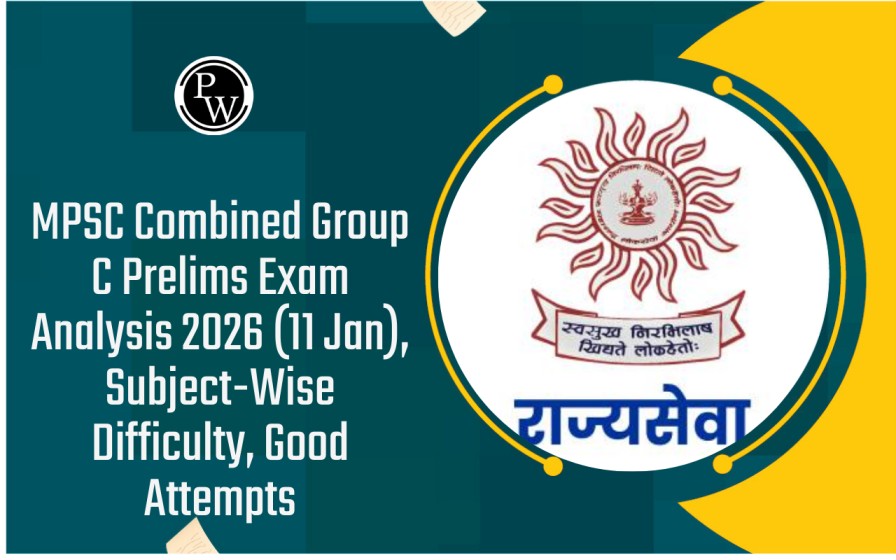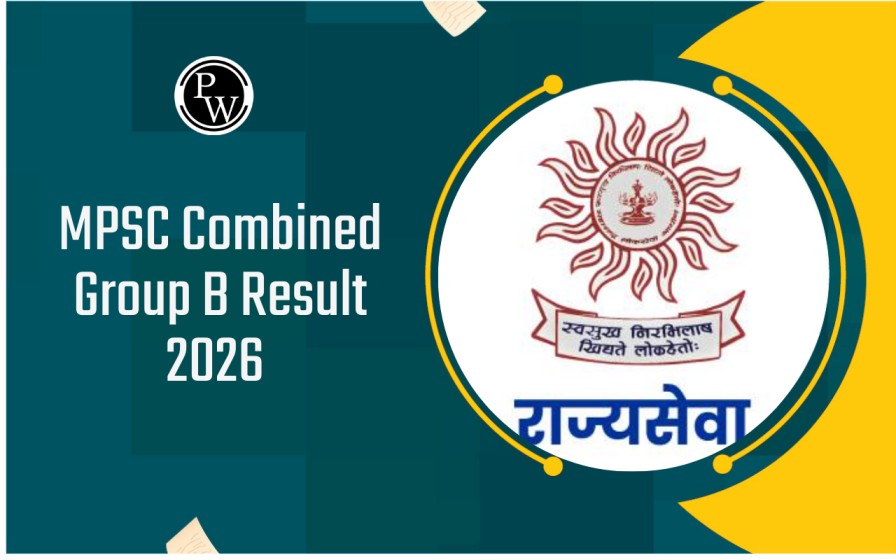
MPSC Rajyaseva Syllabus : Maharashtra Public Service Commission (MPSC) has announce on its official website the updated MPSC Rajyaseva Syllabus for the prelims and main exams. The updated MPSC State Services (Rajyaseva) Syllabus has been announced by the previous MPSC.
PW has update the MPSC Rajyaseva prelims and main exam syllabus in this article. It is important for anybody hoping to crack the MPSC State Service (Rajyaseva) exam to be aware of the most recent MPSC Rajyaseva Syllabus.MPSC Rajyaseva Syllabus 2025
The MPSC Rajyaseva Syllabus 2025 is a very useful resource to help you pass the MPSC exam. Both Marathi and English are the languages used in the MPSC exam. In this article, candidates can find the most recent MPSC Rajyaseva Syllabus and Exam Pattern. The MPSC Rajyaseva Exam Date 2025 is 28th September 2025 as per the revised notice released by the conducting authority.MPSC Rajyaseva Syllabus 2025 Overview
The MPSC Rajyaseva Syllabus 2025 (revised) for Prelims and Mains is available in this post. The MPSC Rajyaseva Syllabus file is available for download for candidates. Candidates can review the MPSC Rajyaseva Syllabus overview.| MPSC Rajyaseva Syllabus 2025 Overview | |
| Particulars | Details of the MPSC Exam |
| Conducting Body | MPSC (Maharashtra Public Service Commission) |
| Category Name | Prelims Syllabus and Exam Pattern |
| Services | Subordinate Services, Engineering Services, Class C Services, Agriculture Services, Judicial Services, etc. |
| Selection process | Prelims, Mains, and Interview |
| Prelims Exam date | 28th September 2025 |
| Total Marks |
|
| Official Website | https://mpsc.gov.in/ |
MPSC Rajyaseva Prelims Syllabus 2025
There will be an online assessment included in the MPSC Rajyaseva Prelims. The evaluation will consist of 400 marks and multiple-choice questions (MCQs). There are two papers for the prelim exam. Paper 1 is dedicated to general studies, whereas Paper 2 is for the CSAT. The preliminary syllabus is provided below.| MPSC Rajyaseva Syllabus Prelims | |
| Paper | Prelims Syllabus |
| Paper 1 | General Studies and Current Affairs
|
| Paper 2 | CSAT (Common State Aptitude exam)
|
MPSC Rajyaseva Mains Syllabus 2025
There are a total of six papers in the MPSC Rajyaseva main exam. The language papers are Papers I and II. General Studies is covered in Papers III, IV, V, and VI. Paper I has lengthy questions. The last five papers are all multiple-choice questions (MCQs). Examine the MPSC Rajyaseva schedule for the main examination shown in the following table.| MPSC Rajyaseva Syllabus Mains | |
| Paper | Mains Syllabus |
| Paper 1 | Marathi and English
|
| Paper 2 | Marathi and English
|
| Paper 3 | History
|
| Paper 4 |
|
| Paper 5 | Human Resource Development
|
| Paper VI | Economy and Planning
|
MPSC Rajyaseva Prelims Exam Pattern
- Candidates must receive the required minimum number of marks in the preliminary exam to be allowed to take the Mains exam.
- There are just multiple-choice questions on the exam.
- The preliminary exam consists of two papers, each of 2 hours.
- Every paper has 200 marks.
- Every incorrect answer results in a 1/3 negative mark.
- There are two languages accessible for the prelim exam: Marathi and English.
MPSC Rajyaseva Mains Exam Pattern
- There are six papers in the MPSC Rajyaseva Mains exam.
- Language papers are Papers 1 and 2, whereas General Studies papers are Papers 3, 4, 5, and 6.
- Paper 1 has descriptive questions, and the other five papers consist of multiple-choice questions (MCQs). The MPSC Rajyaseva Mains exam syllabus is shown here.
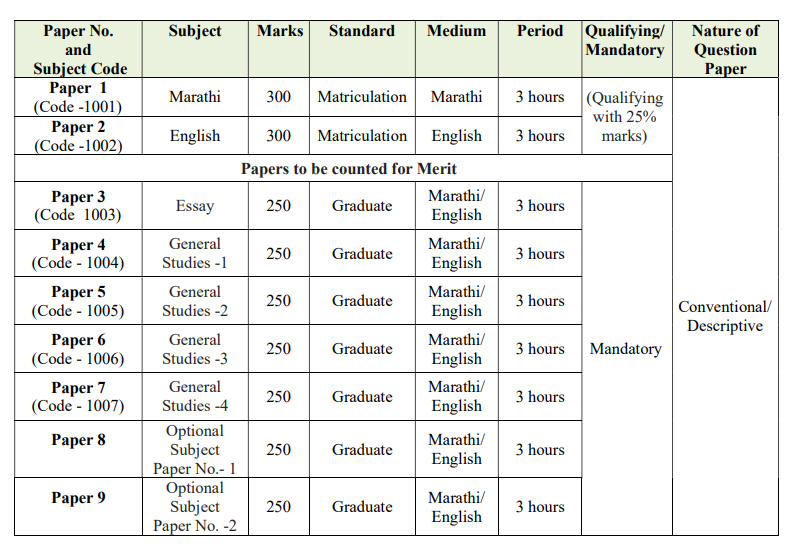
MPSC Rajyaseva Interview 2025
Those who pass the main exam receive an invitation to the MPSC interview. A panel of the MPSC board evaluates the candidate in this phase based on a personal interview to determine whether or not they are qualified for an administrative profession. This is closer to a personality exam in which the candidate's aptitude, presence of mind, communication abilities, and other qualities are evaluated in addition to their knowledge.MPSC Rajyaseva Syllabus 2025 Preparations Tips
This page provides access to the MPSC Rajyaseva Syllabus 2025 (revised) in both Marathi and English for Prelims and Mains. Here are the tips for preparing for the MPSC Rajyaseva Examination 2025.- Exam syllabus Focus : Arrange themes and courses in order of importance according to the MPSC Rajyaseva syllabus. Determine which sections require more editing and set aside time for those areas.
- Review the main ideas : Examine the underlying ideas, theories, equations, and terms that are important to every topic. Concentrate on the exam's fundamental ideas.
- Solve question papers from previous years : Exam patterns and question types can be studied by solving previous year's question papers and practice papers. This will assist you in practicing time management and recognizing reoccurring patterns.
- Write Short Notes : Short notes should be used to summarize key points. These notes can help you strengthen your understanding and act as fast references during last-minute editing.
- Make the most of online resources : You have access to online materials such as practice exams, assessments, and videos. They provide additional practice and can answer any doubts or inquiries you might have. Making use of these resources can help you become better prepared and comprehend the material.
- Time Management : Create a time-limited revision plan that will allow you to thoroughly cover each subject. Give difficult subjects extra time while making sure you have enough time to go over previously learned content again.
- Stay Calm and Avoid Overwhelming : It might be difficult to prepare at the last minute, but it's important to maintain calm. Stay clear of knowledge overload and concentrate on reviewing what you have previously learned.
- Get Sufficient Rest : Make sure you get enough rest, and take pauses when you're revising. Put your health first in the days before the exam, since a rested mind works better.
- Revise important formulas and diagrams : Write key formulae, graphs, charts, and diagrams into memory. Knowing these images well can help you respond to relevant questions with precision and speed.
- Stay updated with current affairs : Set aside some time to analyze recent events, including global and national concerns, governmental initiatives, and significant Maharashtra developments. Keep up-to-date with current events until the very last minute.
PW Batch for MPSC
Enroll in MPSC Online Coaching to boost your exam preparation. Our dedicated faculties are always here to support you in your journey. Our courses are designed to keep syllabus and exam pattern in mind from our educators.
| Related Links for the MPSC Rajyaseva Exam 2025 | |
| MPSC Rajyaseva Notification | MPSC Rajyaseva Salary |
| MPSC Rajyaseva Result | MPSC Rajyaseva Syllabus |
| MPSC Rajyaseva Answer Key | MPSC Rajyaseva Eligibility Criteria |
| MPSC Admit Card | MPSC Rajyaseva Previous Year Question Paper |
MPSC Rajyaseva Syllabus 2025 FAQs
Is it possible to take an MPSC exam in English?
Candidates can write MPSC examinations in either Marathi or English.
What differentiates MPSC from UPSC?
While MPSC stands for Maharashtra Public Service Commission and recruits for Maharashtra state services, UPSC stands for Union Public Service Commission and recruits for civil services at all Indian levels.
What is the number of papers in the MPSC Rajyaseva main exam?
There are six papers in the MPSC Rajyaseva main exam. There are two language-based papers and one multiple-choice question paper.
What is the MPSC Rajyaseva selection procedure?
There are three phases to the MPSC Rajyaseva selection process: preliminary, mains, and interview.
How should I get ready for the MPSC exam?
The MPSC exam requires students to study time management techniques, familiarize themselves with the subject, and understand the exam pattern.
🔥 Trending Blogs
Talk to a counsellorHave doubts? Our support team will be happy to assist you!

Check out these Related Articles
Free Learning Resources
PW Books
Notes (Class 10-12)
PW Study Materials
Notes (Class 6-9)
Ncert Solutions
Govt Exams
Class 6th to 12th Online Courses
Govt Job Exams Courses
UPSC Coaching
Defence Exam Coaching
Gate Exam Coaching
Other Exams
Know about Physics Wallah
Physics Wallah is an Indian edtech platform that provides accessible & comprehensive learning experiences to students from Class 6th to postgraduate level. We also provide extensive NCERT solutions, sample paper, NEET, JEE Mains, BITSAT previous year papers & more such resources to students. Physics Wallah also caters to over 3.5 million registered students and over 78 lakh+ Youtube subscribers with 4.8 rating on its app.
We Stand Out because
We provide students with intensive courses with India’s qualified & experienced faculties & mentors. PW strives to make the learning experience comprehensive and accessible for students of all sections of society. We believe in empowering every single student who couldn't dream of a good career in engineering and medical field earlier.
Our Key Focus Areas
Physics Wallah's main focus is to make the learning experience as economical as possible for all students. With our affordable courses like Lakshya, Udaan and Arjuna and many others, we have been able to provide a platform for lakhs of aspirants. From providing Chemistry, Maths, Physics formula to giving e-books of eminent authors like RD Sharma, RS Aggarwal and Lakhmir Singh, PW focuses on every single student's need for preparation.
What Makes Us Different
Physics Wallah strives to develop a comprehensive pedagogical structure for students, where they get a state-of-the-art learning experience with study material and resources. Apart from catering students preparing for JEE Mains and NEET, PW also provides study material for each state board like Uttar Pradesh, Bihar, and others
Copyright © 2026 Physicswallah Limited All rights reserved.

